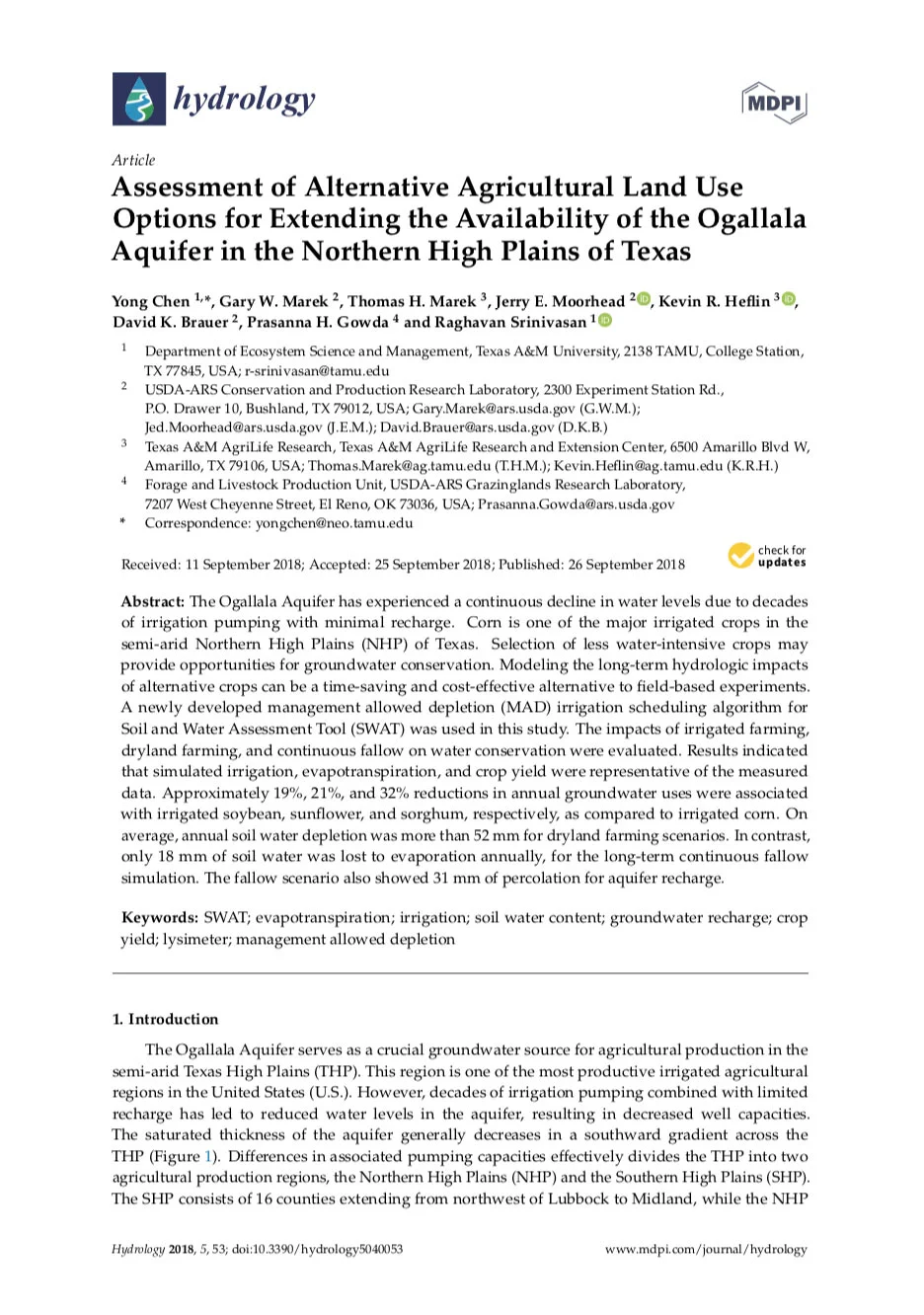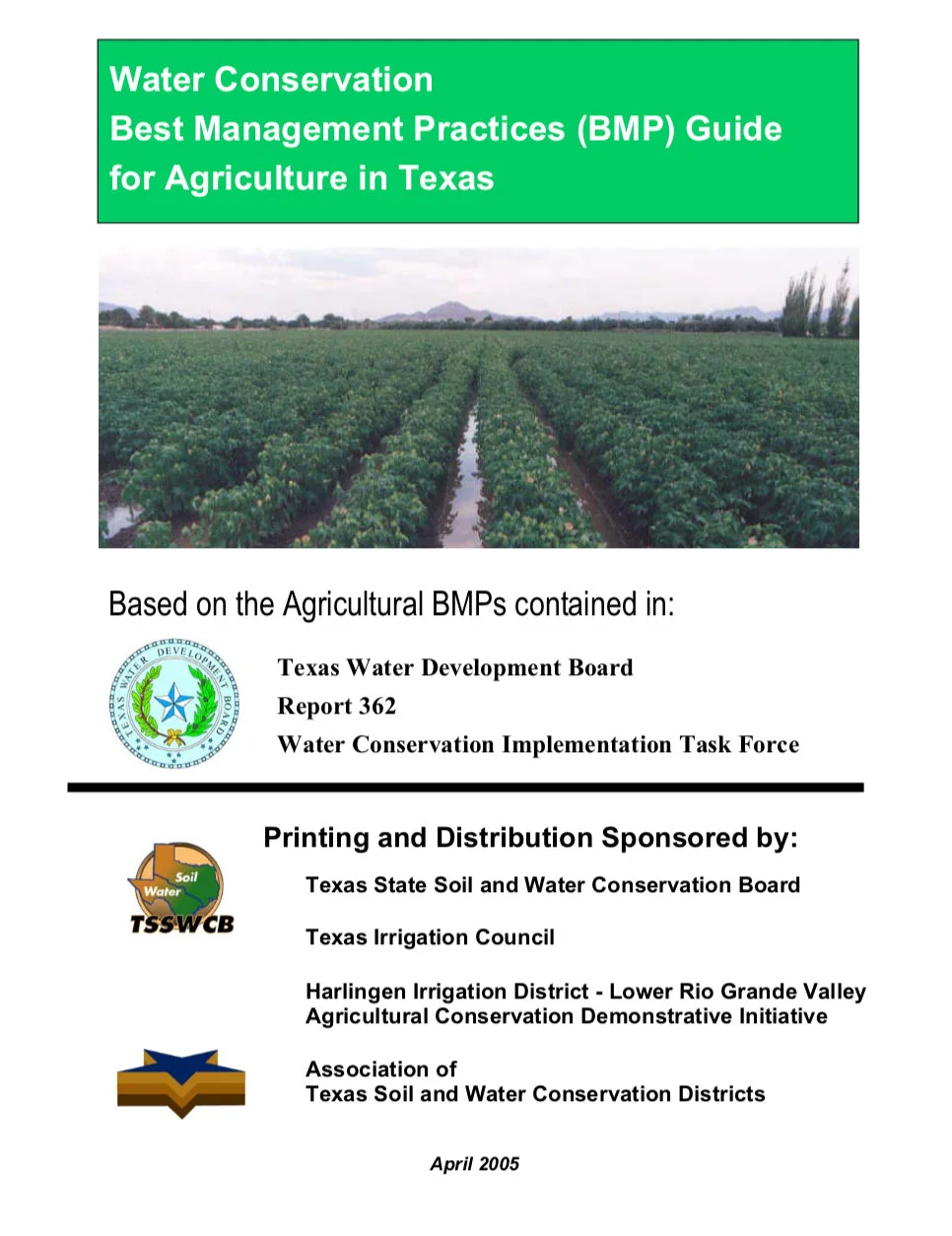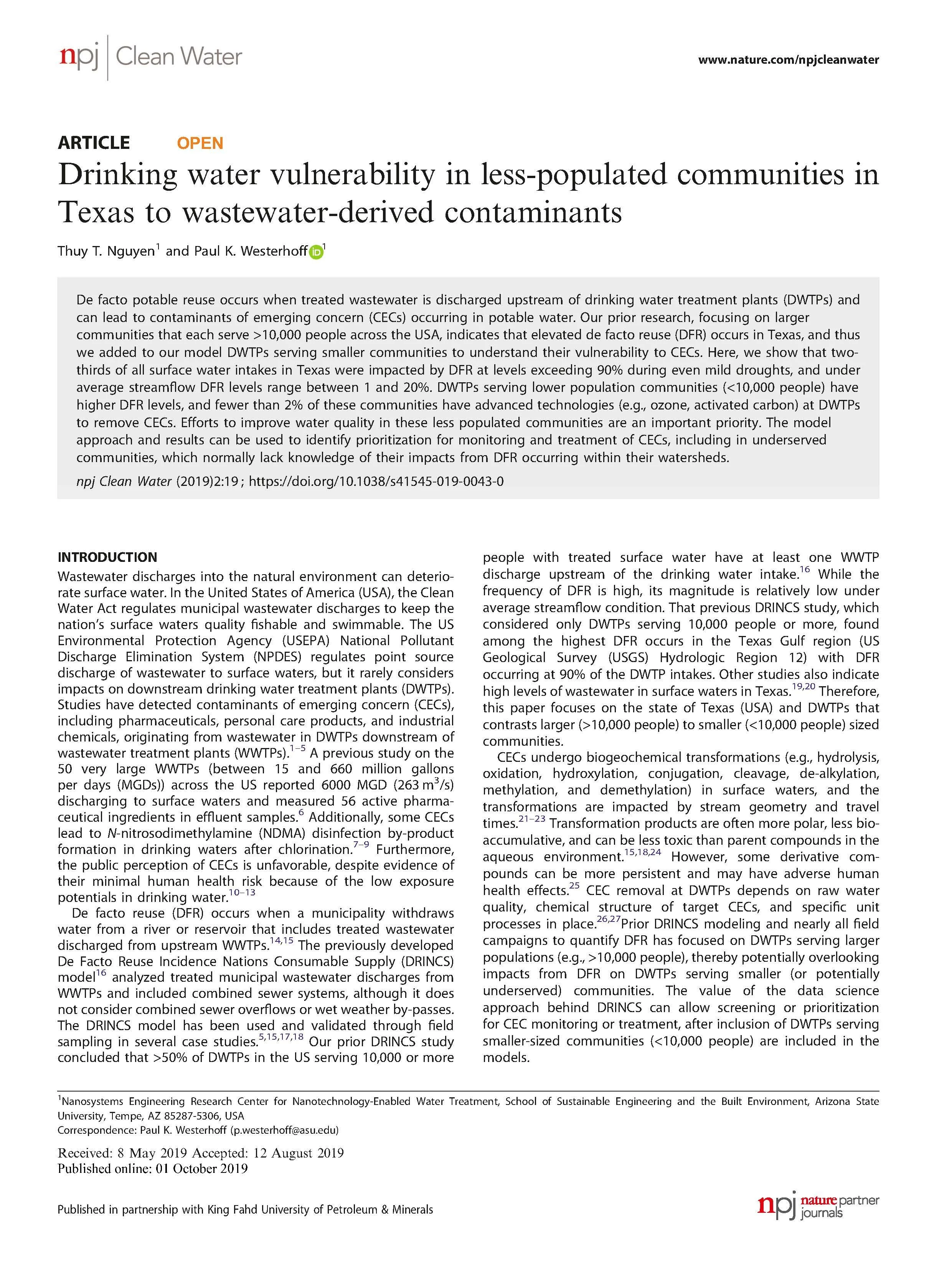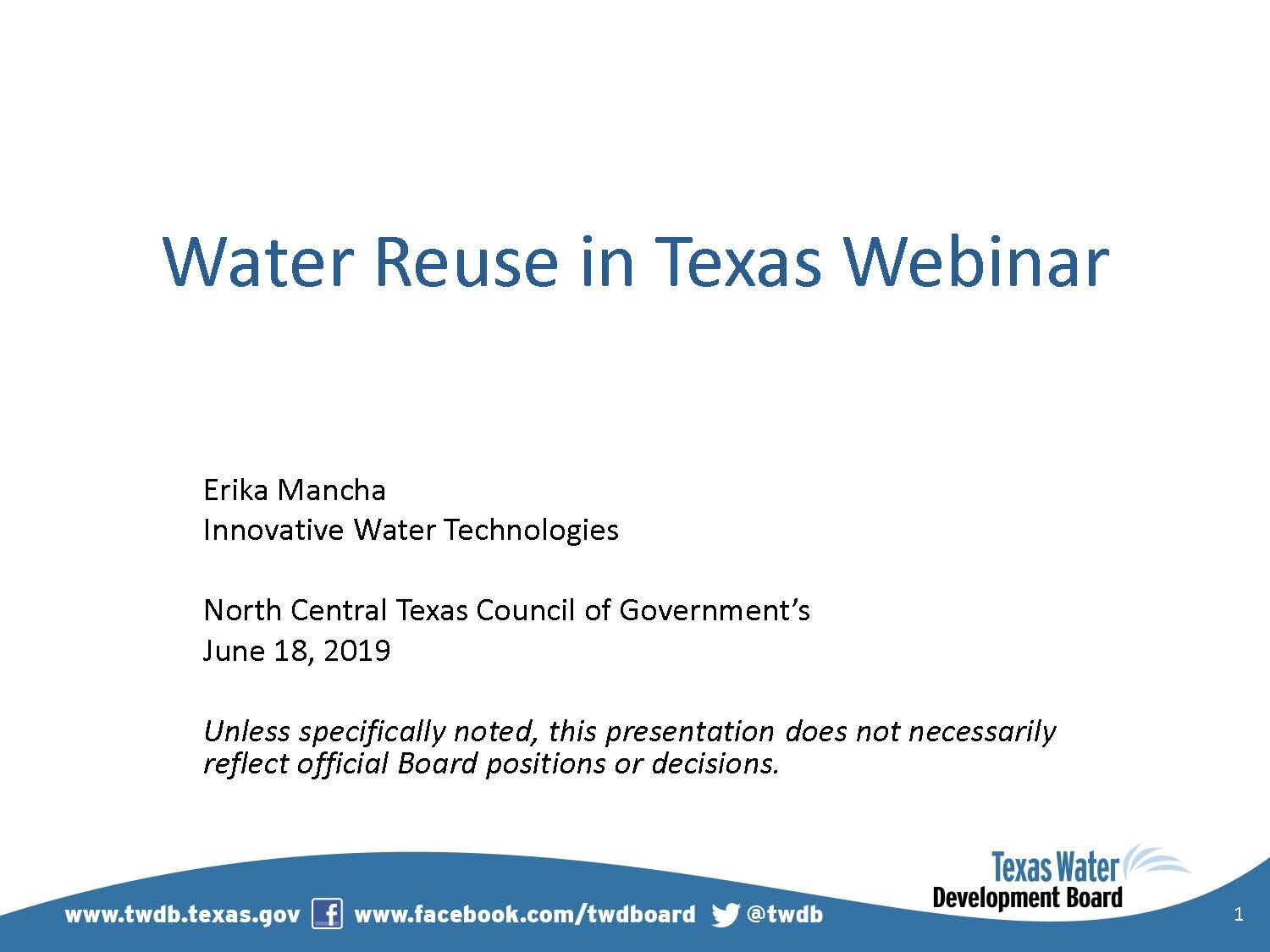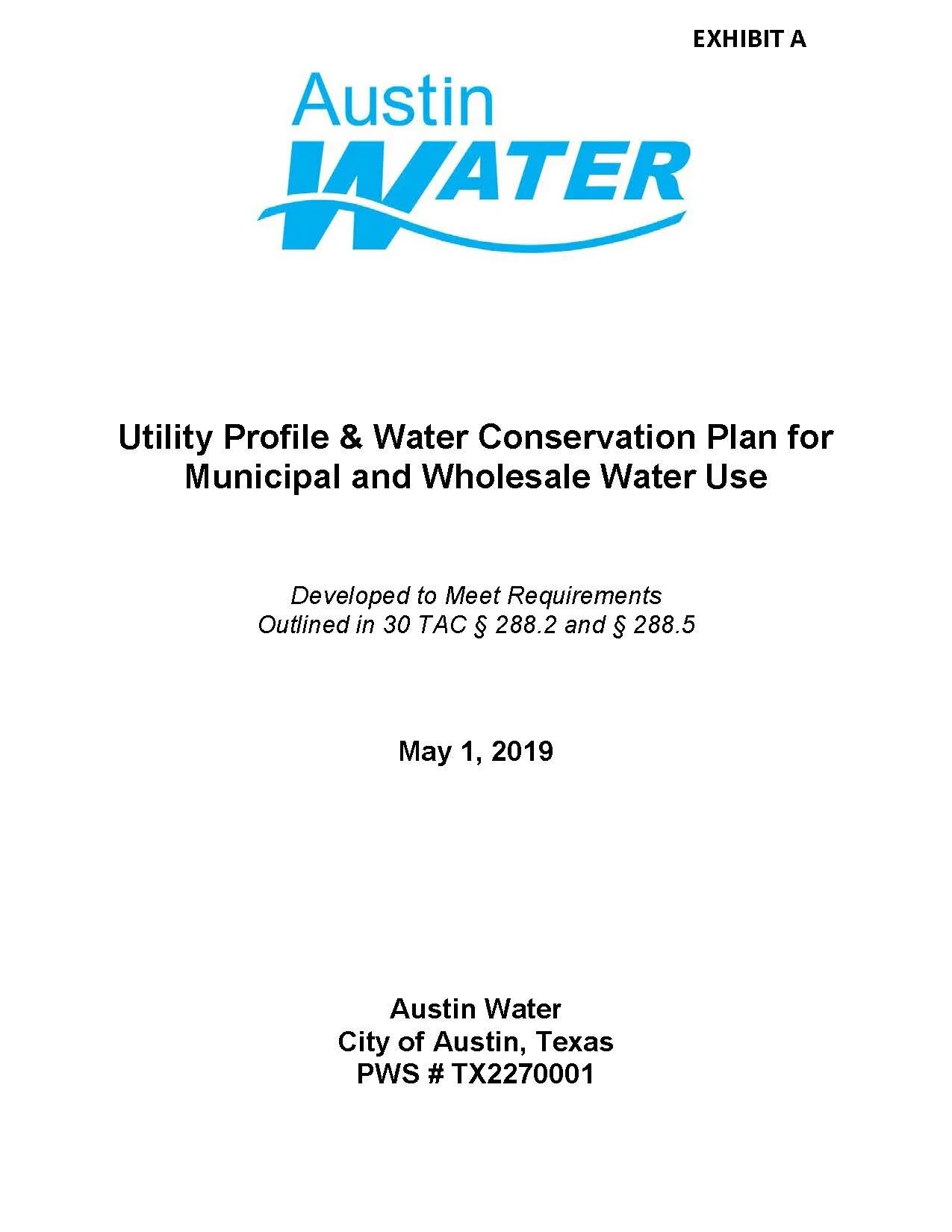Water flows across all sectors of society and water governance challenges inherently involve multiple policy issues. Water is not the only flow in the interdependent web of policy and governance interactions that manage water in Texas. Water governance cuts across many policy issues, a wide range of institutions and actors, and many different contractual and regulatory mechanisms. In this research, we model and map the institutions and governance mechanisms of Texas water to elucidate and better understand the complex dynamics of the Texas water sector. To do so, we analyze the “governance” of the system, which consists of institutions (agencies, actors and types of users) connected by different policy/governance mechanisms (authority, funding, regulation, etc.) across interdependent policy issues or subsectors.
Read MoreAddress the structural problems that have led to decades of suboptimal and inequitable outcomes in water. We will also examine ways to address those problems: pricing water to reflect its true value, providing affordable and universal access, catalyzing utility partnerships and consolidation, deploying smart water operations at scale, and using water as a key pathway to address the climate crisis.
Read MoreThe One Water approach offers tremendous opportunities for improving how water is managed within communities.
Using water efciently and taking advantage of diverse, locally available water supplies are important goals. It is also
important that the approach support communities in assessing how their water use affects the health of waterways, both upstream, where water is sourced, and downstream, where other communities and aquatic resources may be impacted.
This reports investigates equitable pathways to flood resilience with 9 cities through the United States.
Read MoreThis report presents an analysis of the water and sanitation access challenge in the United States, leveraging both quantitative and qualitative research. It proposes a plan of action to ensure equitable water access in our lifetimes, highlighting opportunities for action by the water sector, government agencies, philanthropy, nonprofits, and the public. Finally, it showcases the promising approaches communities have developed to ensure that their residents can turn on the tap or flush the toilet without a second thought.
Read MoreThis brochure lists methods for homeowners to reduce water consumption.
Read MoreThis brochure lists considerations for efficient outdoor landscape watering, including frequency and amount of irrigation, landscape maintenance, plant choice, and efficient irrigation equipment.
Read MoreConversations about the value or “true cost of water” and the nationwide infrastructure maintenance gap encourage a reconsideration of the value of utility water losses. Water loss audit data for 2014 for two planning regions that are home to almost a third of Texas’ population and include three of the five largest cities are examined to explore the value of economically recoverable water losses from a perspective that better reflects the regional scenarios under which the state water plan is developed. The volume of real and apparent losses is valued per a new regional average composite price to arrive at an estimation for the water that should be feasible to recover. Normalized values of economically recoverable losses are generated to arrive at a statewide estimate of valuation. Industry standard financial and operational performance indicators are also developed and compared to a larger, multi-state data set. Results are presented in the context of state and regional water supply planning in two ways: 1) comparing the volume of economically recoverable water to the volume of supply expected from water loss control strategies, and 2) comparing the newly assessed value of recoverable water to the estimated costs associated with water loss control strategies.
Read MoreThis project explores water use and conservation potential within the town of Highland Park, Texas.
Read More





